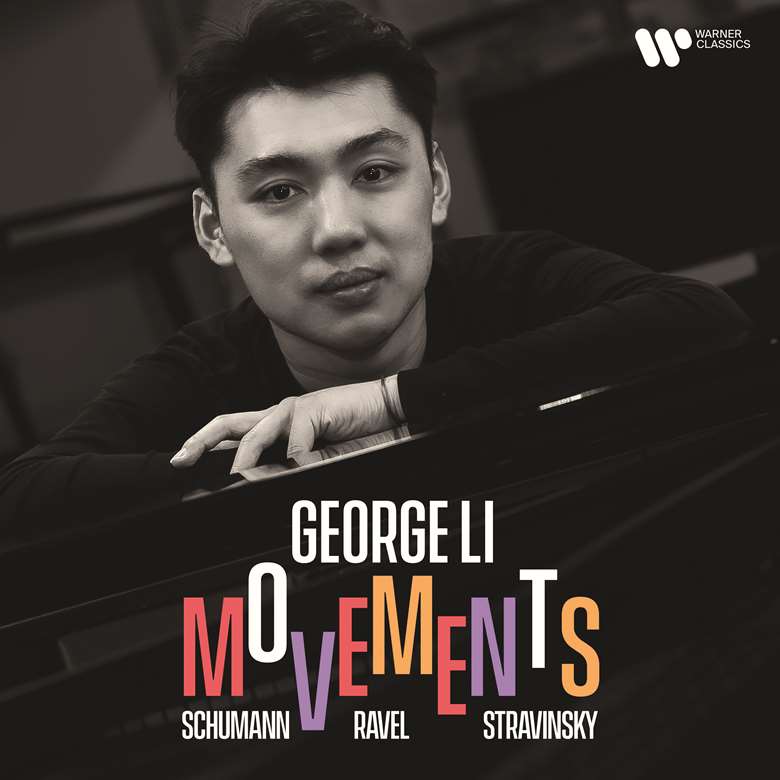Review - ‘Movements’ (George Li)
Michelle Assay
Friday, August 30, 2024
A fully convincing display of the still-young pianist’s musicianship, blending maturity, intelligence and sensitivity with fully fledged prowess

Nearly a decade on from his Silver Medal at the 2015 Tchaikovsky Competition, here at last is a worthy calling card for 28-year-old Boston-born George Li. His two previous recordings, especially his concerto debut, were received with some reservations. But now we have a fully convincing display of the still-young pianist’s musicianship, blending maturity, intelligence and sensitivity with fully fledged prowess.
The title ‘Movements’ refers not only to Petrushka but also to the connecting threads within each multi-movement work – an awareness reflected in Li’s intelligently written booklet note. Everything in the opening Schumann Arabeske is subtly illuminated by his cultured sound and Romantic shadings. The music longs feverishly, dreams daringly, then remembers melancholically.
In the Davidsbündlertänze Li strikes a sweet balance between the mercurial mood swings on the surface and the undertow that guides the music from one ‘dance’ to another, all the while retaining radiance, transparency and an improvisatory freedom that allows the music to grow naturally. Eusebius and Florestan are here in dialogue rather than rivalry. Poetic sensitivity never leads to somnambulance, as might be said of Uchida’s opening dances (Decca); nor do élan and energy ever come at the expense of forceful harshness, as might be held against Schiff’s Florestan depictions (Teldec). The cohesive narrative makes it hard to choose a single highlight; but the nobility and elegance of the penultimate dance, where the dreamy theme of the second movement returns, is a good candidate.
In Ravel’s Valses nobles et sentimentales Li is able to showcase his quasi-orchestral palette, poise and style. It takes some artistry to capture the music’s special delicacy while avoiding mannerism.
Li’s Petrushka might not yet quite be a match for Pollini’s superhuman ease (DG), but it comes pretty close, both in clarity and impetus. What he lacks – marginally – in flair he makes up for in characterisation. There is terrific élan and exhilaration in the final dance. All in all, this is both a terrifically exciting and a moving album.
This article originally appeared in the Autumn 2024 issue of International Piano. Never miss an issue – subscribe today







